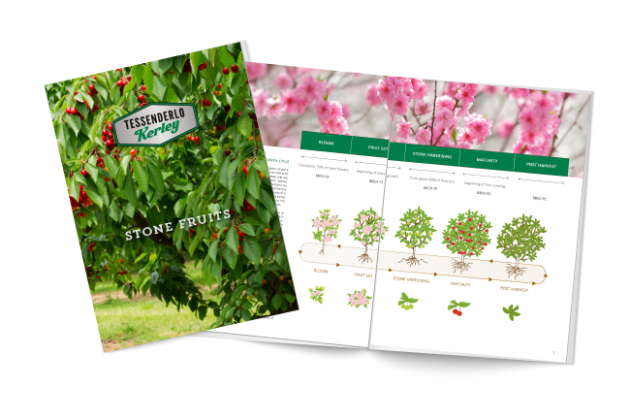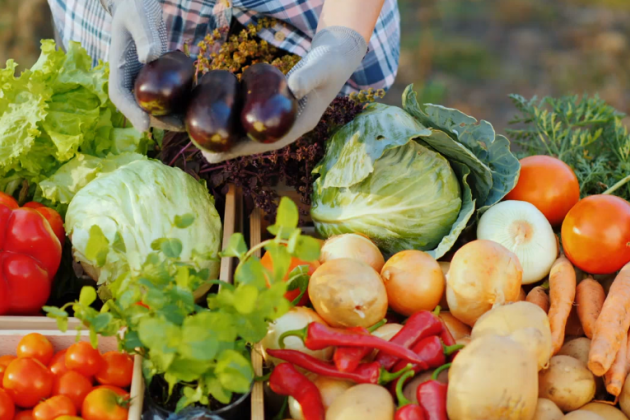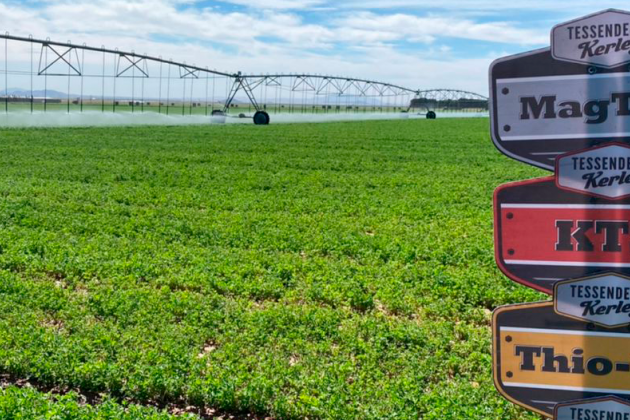
Pome fruits
In botany, a pome is a specialty type of fruit produced by flowering plants in the Maloideae subfamily of the Rosaceae family. While apples and pears are by far the best-known types of pome fruit, other plants that produce fruits classified as pome fruits include nashi, quince, and loquat.
The apple tree is the most widely cultivated tree in the world and it has been grown for at least 2,000 years. The origins of the apple date back to Eastern Europe and Western Asia. Pears are divided into European and Asian varieties; the latter has been grown in China for at least 3,000 years.
In general, pome fruits are adapted to the cool, temperate regions of the world. The fruits generally have a long storage life – up to one year for some apples. This allows an extended market season and the cultivation of only a few varieties. However, there are large differences in yields from one country to another. The differences in yields partly depend on the fruit variety, but fertilization techniques as well as a comprehensive knowledge of orchard management are required to avoid costly errors.
The fertilization of apple and pear trees is one of the most important practices on which the growth and yield of fruit trees depend. Through fertilization, elements are usually introduced into the soil to maintain them in optimal quantities that are accessible to the plant, or, alternatively, the technique of foliar fertilization is used to introduce certain minerals directly into the plant through the leaves.
In order to be able to fertilize the orchard effectively, it is necessary to know the amount and accessibility of these elements in the soil and plants. Therefore, it is highly recommended to carry out a foliar and soil analysis every year to determine what amounts of nutrients should be added to the soil. For apples and pears, it is also important to do a fruit analysis as these fruits are often intended for storage. The fertilization program may also have to be tailored to the rootstock of the trees.
-

Download the detailed Pome fruits brochure here:
-

Our customized solutions meet the needs of farmers worldwide. Discover how our fertilizers will ensure a more precise and environmentally responsible crop quality and yield.
Discover more crops -

Our broad spectrum of solutions can assist all farmers regardless of crop type, soil type, water usage levels or climatic conditions.
Discover our range of products
Get the answers you need to product information, field trial results, blend testing, application tips and more. Find and contact your local expert in your region.
Contact us